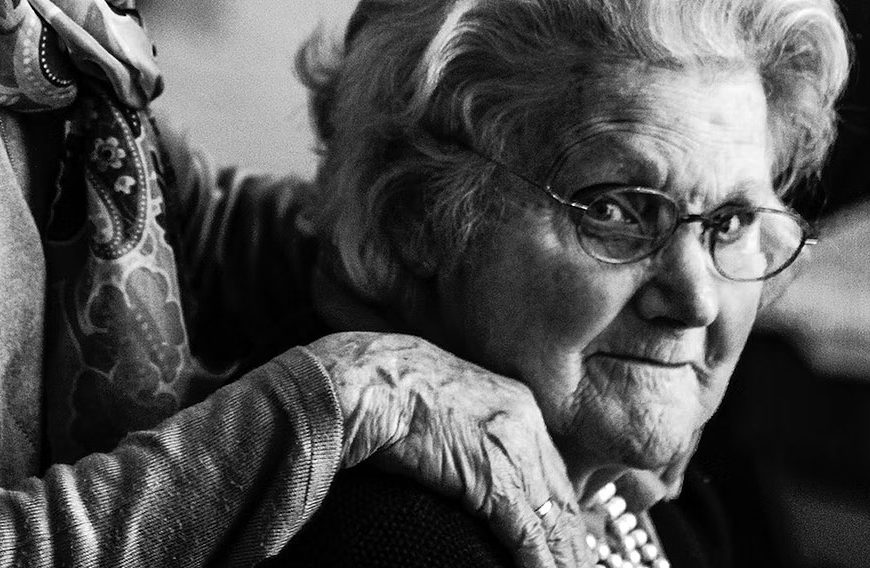Worldviews matter when it comes to purpose and meaning:
There are various versions of what is found in my title. Other formulations would include ‘Nothing happens in life without a reason’. And if something does not take place, a related saying is: ‘It wasn’t meant to be’. We hear these things being said quite often.
Where exactly such sayings first originated is unclear, but they are rather common, especially among non-Christians, although believers can say things like this as well. And those who are into things like the New Age Movement can also toss out these rather trite sayings on a regular basis.
Here I want to look at these sayings in a bit more detail. Mainly I want to look at whether these things make any sense for those with a secular, materialistic, or atheistic point of view. If we all exist without any ultimate purpose or meaning, then to speak about things like reasons or what is meant to be is all rather out of place.
Indeed, to speak of things happening for a purpose or a good reason presupposes such things as rationality and personality. But an immaterial world cannot provide that. Stuff just happens, and we have to accept it. Speaking of purpose or meaning is foolish in the atheistic worldview.
But don’t take my word for it – listen to what the atheists are saying. They constantly make it clear that in their worldview there is no such thing as purpose and meaning. A few representative quotes will suffice here.
“When we reject belief in God we must give up the idea that life on this planet has some preordained meaning. Life as a whole has no meaning.”
Peter Singer
“We are children of chaos, and the deep structure of change is decay. At root, there is only corruption, and the unstemmable tide of chaos. Gone is purpose; all that is left is direction. This is the bleakness we have to accept as we peer deeply and dispassionately into the heart of the Universe.”
Peter Atkins
“Darwin enabled modern secular culture to heave a great collective sigh of relief, by apparently providing a way to eliminate purpose, meaning and design as fundamental features of the world.”
Thomas Nagel
“We may yearn for a ‘higher answer’ – but none exists. . . . We cannot read the meaning of life passively in the facts of nature. We must construct these answers for ourselves – from our own wisdom and ethical sense. There is no other way.”
Stephen Jay Gould
When Dawkins was asked about the purpose of life he replied, “Well, there is no purpose, and to ask what it is is a silly question. It has the same status as ‘What is the colour of jealousy’.”
Richard Dawkins
“Let me summarize my views on what modern evolutionary biology tells us loud and clear . . . . There are no gods, no purposes, no goal-directed forces of any kind. There is no life after death. When I die, I am absolutely certain that I am going to be dead. That’s the end for me. There is no ultimate foundation for ethics, no ultimate meaning to life, and no free will for humans, either.”
William Provine
“Man is the product of causes which had no prevision of the end they were achieving; that his origin, his growth, his hope and fears, his loves and beliefs, are but the outcome of accidental collocations of atoms; that no fire, no heroism, no intensity of thought and feeling, can preserve an individual life beyond the grave; that all the labors of the ages, all the devotion, all the inspiration, all the noonday brightness of human genius are destined to extinction in the vast death of the solar system, and that the whole temple of man’s achievement must inevitably be buried beneath the debris of a universe in ruin – all these things, if not quite beyond dispute, are yet so nearly certain, that no philosophy that rejects them can hope to stand. Only within the scaffolding of these truths, only on the firm foundation of unyielding despair, can the soul’s habitation henceforth be safely built. . . . Brief and powerless is man’s life; on him and all his race the slow, sure doom falls pitiless and dark. Blind to good and evil, reckless of destruction, omnipotent matter rolls on its relentless way.”
Bertrand Russell
And all this especially comes to the fore when we are dealing with things like evil and suffering. The more honest atheists simply throw up their hands and tell us, ‘Crap happens so get used to it.’ Once again, we can let them speak for themselves.
One of the most telling quotes on this – one which I have used often before – comes from the uber-atheist Richard Dawkins. Writing in his 1995 book River Out of Eden he says this:
“Theologians worry away at the ‘problem of evil’ and a related ‘problem of suffering.’ … On the contrary, if the universe were just electrons and selfish genes, meaningless tragedies… are exactly what we should expect, along with equally meaningless good fortune. Such a universe would be neither evil nor good in intention. It would manifest no intentions of any kind. In a universe of blind physical forces and genetic replication, some people are going to get hurt, other people are going to get lucky, and you won’t find any rhyme or reason in it, nor any justice. The universe we observe has precisely the properties we should expect if there is, at bottom, no design, no purpose, no evil and no good, nothing but blind, pitiless indifference. As that unhappy poet A.E. Housman put it: ‘For Nature, heartless, witless Nature, Will neither care nor know.’ DNA neither cares nor knows. DNA just is. And we dance to its music.”
As I said, under the premises of atheism, that is all you can expect. You can NOT talk about some deep meaning or purpose. Plenty of Christians over the centuries have spoken to this. Just three quotes can be offered here:
“Atheism turns out to be too simple. If the whole universe has no meaning, we should never have found out that it has no meaning.”
C. S. Lewis
“If each individual person passes out of existence when he dies, then what ultimate meaning can be given to his life? Does it really matter whether he ever existed at all? His life may be important relative to certain other events, but what is the ultimate significance of any of those events? If all the events are meaningless, then what can be the ultimate meaning of influencing any of them? Ultimately it makes no difference.”
William Lane Craig
“If there is no God, then all that exists is time and chance acting on matter. If this is true then the difference between your thoughts and mine correspond to the difference between shaking up a bottle of Mountain Dew and a bottle of Dr. Pepper. You simply fizz atheistically and I fizz theistically. This means that you do not hold to atheism because it is true, but rather because of a series of chemical reactions. Morality, tragedy, and sorrow are equally evanescent. They are all empty sensations created by the chemical reactions of the brain, in turn created by too much pizza the night before. If there is no God, then all abstractions are chemical epiphenomena, like swamp gas over fetid water. This means that we have no reason for assigning truth and falsity to the chemical fizz we call reasoning or right and wrong to the irrational reaction we call morality. If no God, mankind is a set of bi-pedal carbon units of mostly water. And nothing else.”
Douglas Wilson
And the only way the atheist or materialist can start talking about things like meaning and the like is by contradicting his own belief system. As Nancy Pearcey put it in Finding Truth:
“Materialists…deny the reality of mind (while they use their minds to advance materialism), determinists deny the reality of human choice (while they choose determinism), and relativists deny the fact of right and wrong (while they judge you if you disagree).”
Now, I mentioned that this piece was going to be mainly about how an unbeliever – especially one who does not believe in the Christian God – can even say such things in a sensible and rational fashion. But the Christian can say such things – but from a quite different point of view.
Another full article at least would be needed to look at that side of the equation. And the theology one has will determine in part how exactly we understand all this. But the notion of God’s providence would of course have to be discussed, as well as God’s attributes, such as his goodness, his love, his wisdom, his omniscience, and so on.
A big discussion in other words – one which already fills entire libraries with all the books that have been penned on this. But one general biblical passage can be mentioned here in closing. Romans 8:28 would immediately spring to mind: “And we know that for those who love God, all things work together for good, for those who are called according to his purpose.”
Notice a few things about this text. First, it applies not to everyone, but to God’s own people – those who love God. And this verse does not say that everything is good – it says that God is able to work all things for good. Lastly, it makes clear that God does have good purposes for what he does.
We may not always know what those purposes are, but we can go along with what Charles Spurgeon once said:
“God is too good to be unkind and He is too wise to be mistaken. And when we cannot trace His hand, we must trust His heart. When you are so weak that you cannot do much more than cry, you coin diamonds with both your eyes. The sweetest prayers God ever hears are the groans and sighs of those who have no hope in anything but his love.”
But a fuller theistic response will have to be the stuff of another article or two, so stay tuned.



















